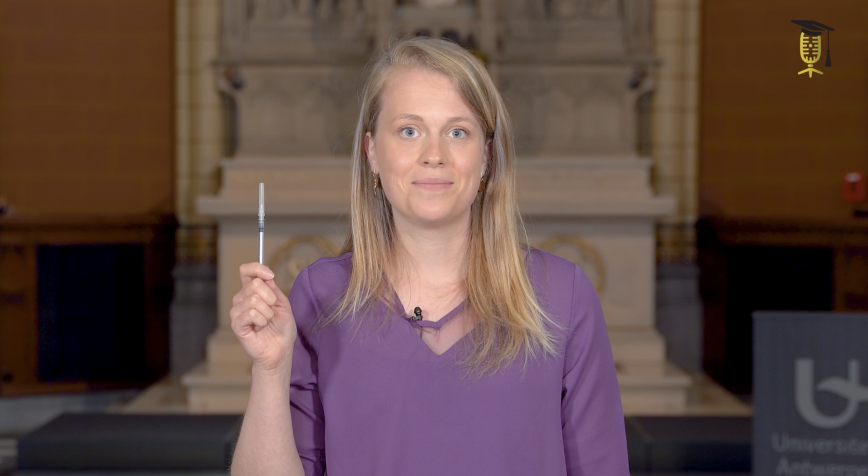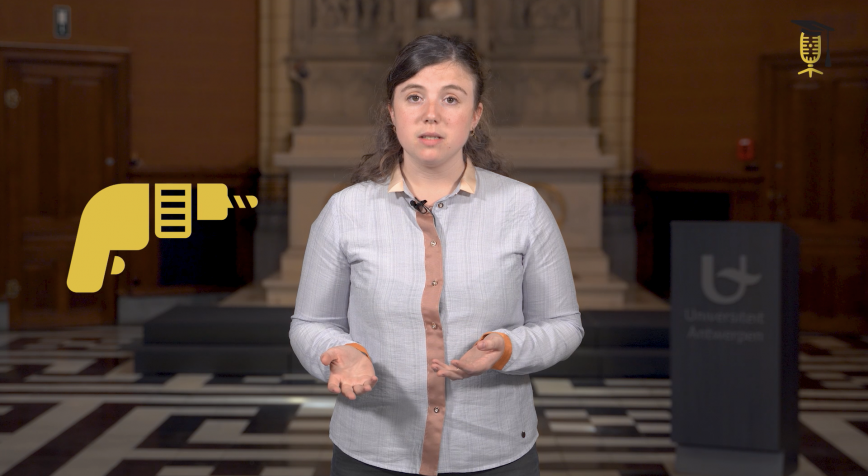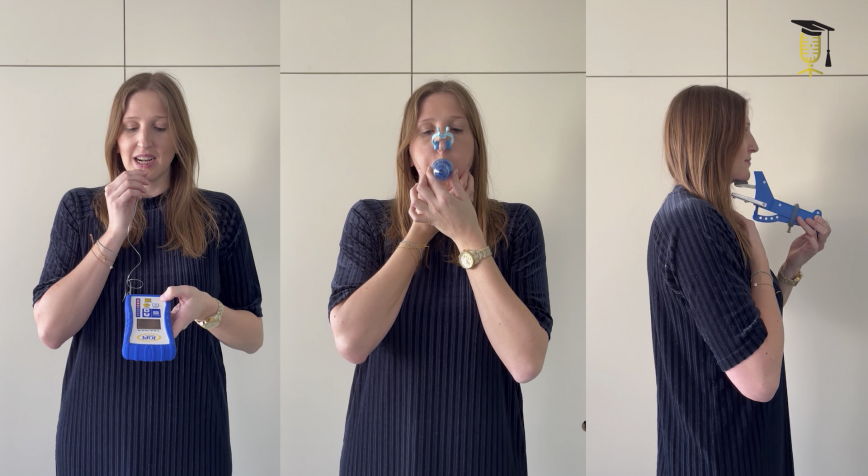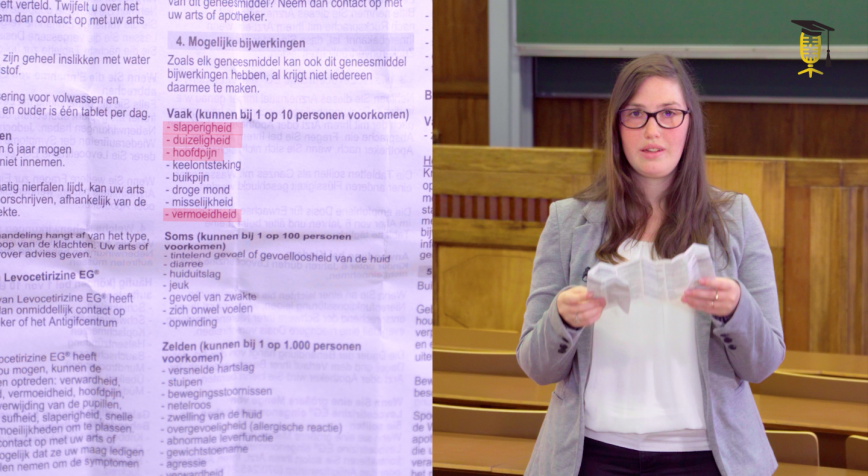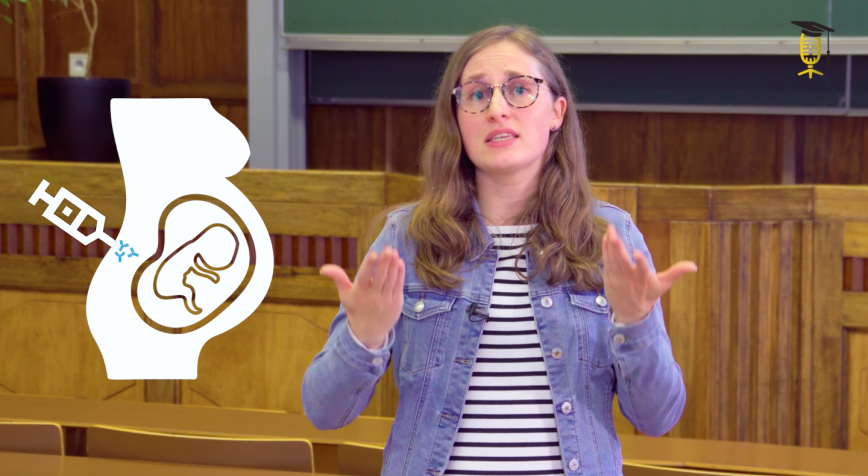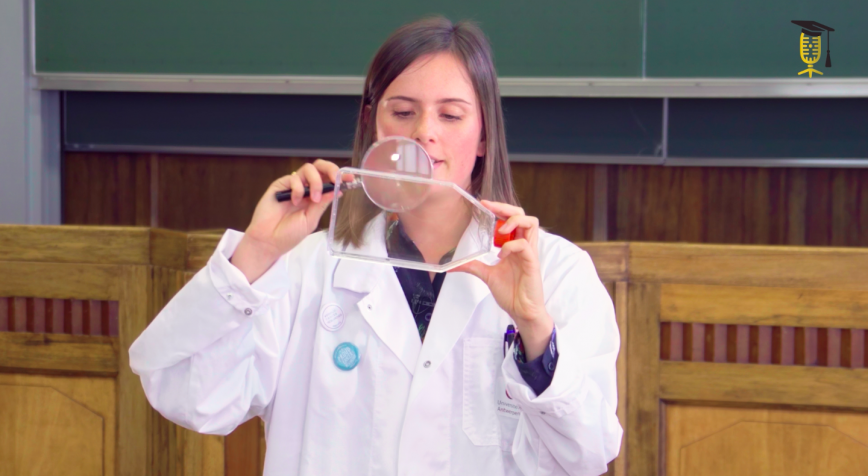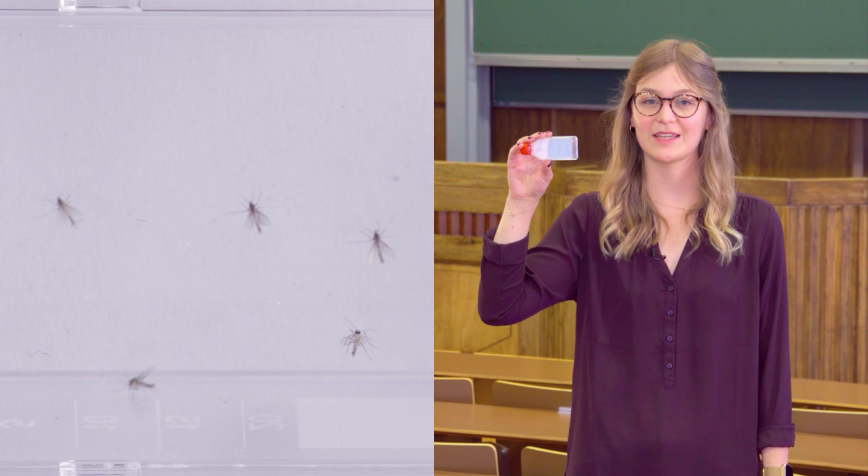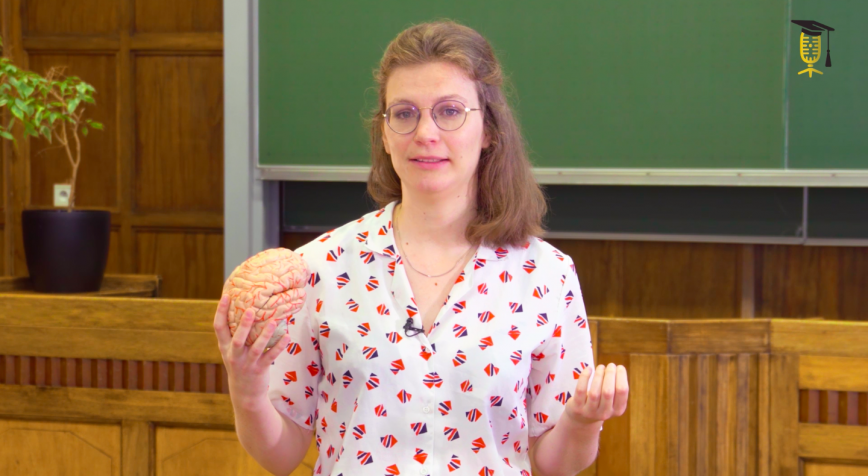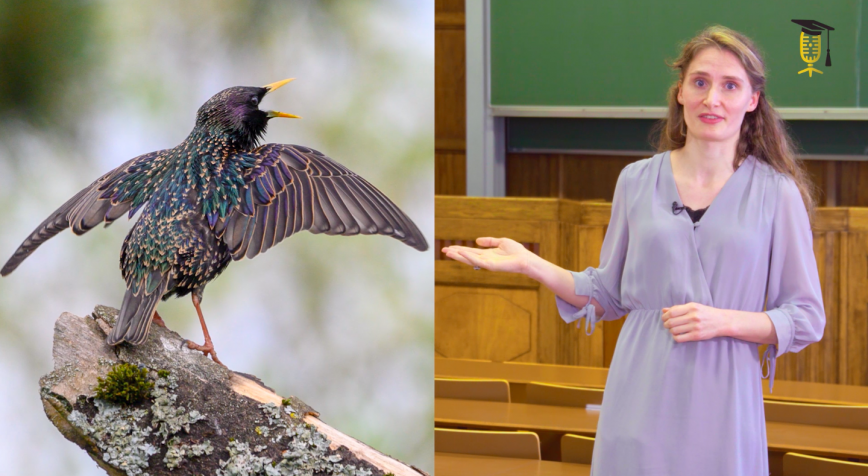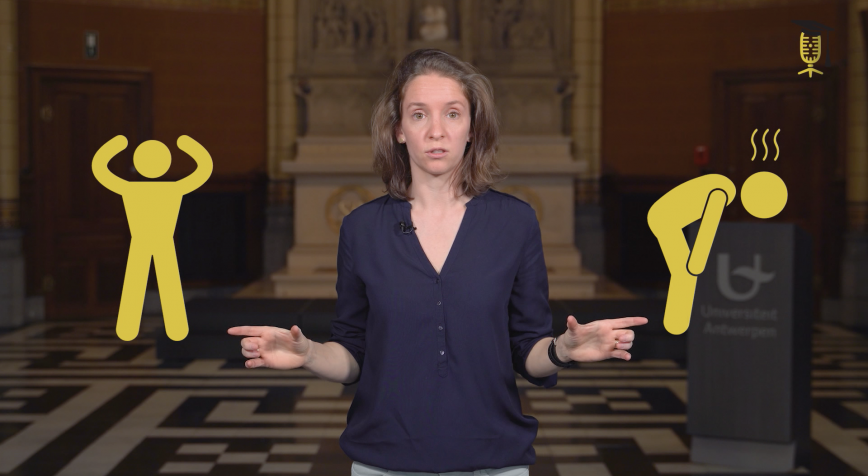
FWO
UAntwerpen
Treating heart failure with sport: looking for the secret ingredient 🏃🏻♀️
Heart failure patients have a lot of trouble with physical exertion. They can barely even walk the dog. To improve their condition, they can follow training programs in the hospital. But more than half of the patients hardly benefit from them. Cardiologist in training Isabel Witvrouwen (UAntwerpen - University Hospital Antwerp) is trying to find out why.
